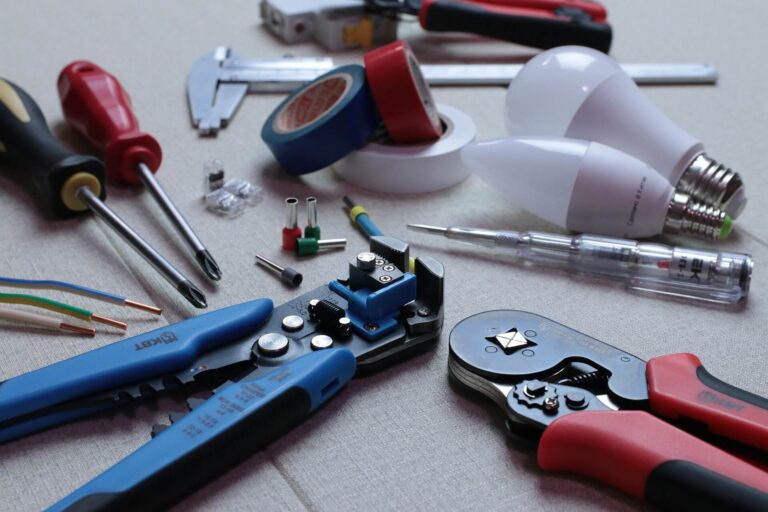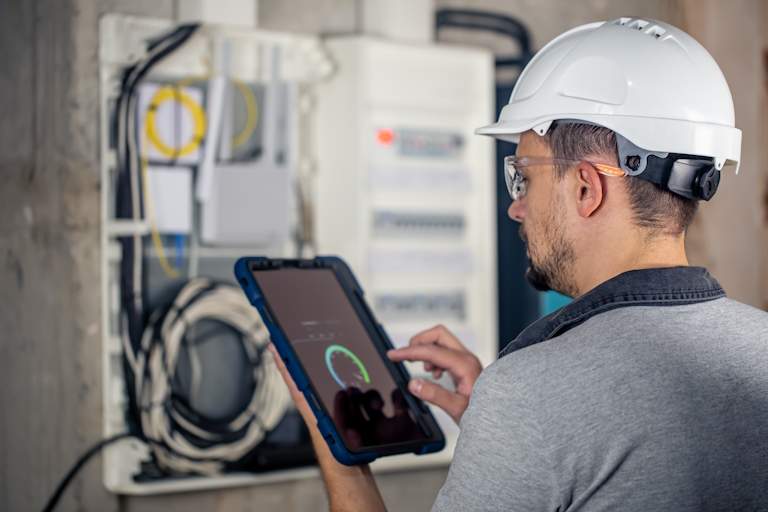Hotels and facilities have a wide range of assets that need to be properly managed in order to maintain a high level of quality and comfort for guests and customers. This includes everything from the building structure itself to furniture, fixtures, and equipment (FF&E).
Implementing effective preventative maintenance processes is key to ensuring that these assets are well-maintained, which in turn will improve guest experience and save significant costs.

Here are a few reasons to implement such a program – and make sure it delivers on its promises:
1. Increase asset life, reduce planned downtime and save costs
Preventative maintenance involves regularly scheduling inspections, cleaning, and repairs for assets in order to catch and fix problems before they become major issues. Regularly maintaining assets extends their lifespan, which can save significant costs in the long run, both in capital and operational expenses. It also reduces the amount of planned downtime over the lifetime of the asset.
Preventative maintenance has been shown to increase asset life by up to 50%, and decrease operational costs by 12-18% compared with purely reactive programs.
2. Improve guest and customer experience
Not only is preventative maintenance cost-effective, but it will also improve the guest and customer experience: when assets are well-maintained, they are less likely to break down, which leads to fewer interruptions in service and fewer complaints from guests and customers.
Examples of notable and negative guest experiences include inoperable lifts leading to long wait times or air conditioning issues creating in-room discomfort. Unfortunately, those tend to overshadow other positive experiences during guests’ and customers’ stay, which is why preventing those from happening is essential.
Delivering memorable experiences is key to ensuring satisfaction and encouraging repeat bookings, and a strong preventative maintenance program assists in making it a reality.
3. Address workforce shortage
In recent years, during and after the COVID crisis, tensions on the job market have led to a shortage of experienced engineers and maintenance professionals.
This has made it increasingly difficult for hotels and facilities to find and retain the personnel needed to effectively manage their assets and deliver on their objectives.
Technology can play a key role in addressing this challenge by making it easier for hotels and property managers to design and build efficient preventative maintenance processes – and ensuring they are properly conducted, on time and on budget, even with higher rates of turnover or when employing less skilled staff.
4. Meet compliance requirements
Many hotel and facility management groups have established brand standards to ensure consistency of guest and customer experience throughout their portfolio.
Preventative maintenance routines are part of these standards, and having the right tools to implement them is essential to comply with the brands’ expectations.
If you are looking for ways to improve preventative maintenance for your hotel or property, consider investing in a software solution that can help you to get the most out of your assets.
Q2 Solutions’ Sidekick and ESCAP platforms are cloud-based solutions that provide hotels and facilities with smarter ways to run their operations, including delivering effective preventative maintenance programs, leveraging easy-to-use platforms and more than 25 years of experience. Contact us to discuss how we can help.

